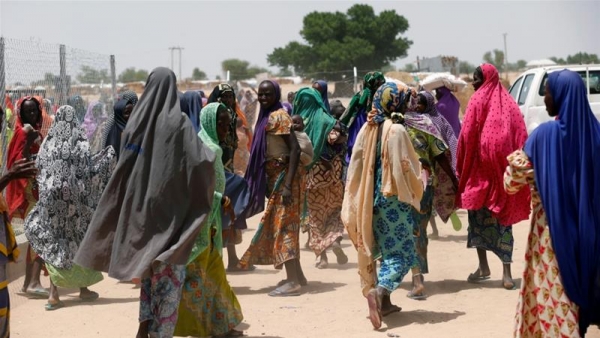According to the Uppsala Conflict Database Program, since the establishment of Boko Haram in northern Nigeria in 2002, more than 20,253 people are reported to have been killed at the hands of the armed group. Boko Haram is also infamous for the abduction of young girls, particularly from the Borno state. The most well-known incident in this regard was that of 14 April 2014, where 276 girls were abducted in Chibok. Amnesty International report that, by February 2015, over a million people had fled insecurity and attacks in the midst of fighting between the military and Boko Haram.
Those who fled and survived the horrors of the conflict have since been forced into satellite camps, established and controlled by the military. Not only is this forced displacement of civilians a violation of international law, the conditions of these camps fall far short of humanitarian standards. In 2016, the National Emergency Management Agency (NEMA) of Nigeria identified 14 satellite camps, one of which – the Bama Hospital camp – was defined by Médicins Sans Frontières (MSF) as a “humanitarian catastrophe”.
Inside the camps, internally displaced persons (IDPs) who have come from areas controlled by Boko Haram are treated with suspicion. Testimonies collected by Amnesty International, in their report “They Betrayed Us”, describe of the “screenings” that IDPs have been subjected to by the military after arriving at the camps. These include the separation of family members, arbitrary detention, torture and other ill-treatment. Some women are forced to remove their clothes and undergo the screening naked in public. Most IDPs suffer from hunger, given the disproportionately inadequate amount of food provided to them at the camps. They are forcefully confined in the camps, and women, separated by their husbands during the screening, are often forced into sex by the military in exchange for food.
In August 2017, the Acting President of Nigeria set up a Presidential Investigation Panel to scrutinise the conduct of the military. Now, civil society has called the government to make the culprits of human rights abuses accountable for their crimes. In its report, Amnesty suggests that, as a first step, the government needs to comply international standards, making the final results of the investigation public and implementing its recommendations in a transparent manner. Further, its calls on Nigerian Federal and Borno State Government, with the help of international donors, to increase food assistance to IDPs, especially, but not exclusively, to those in satellite camps.
To know more, please read:




